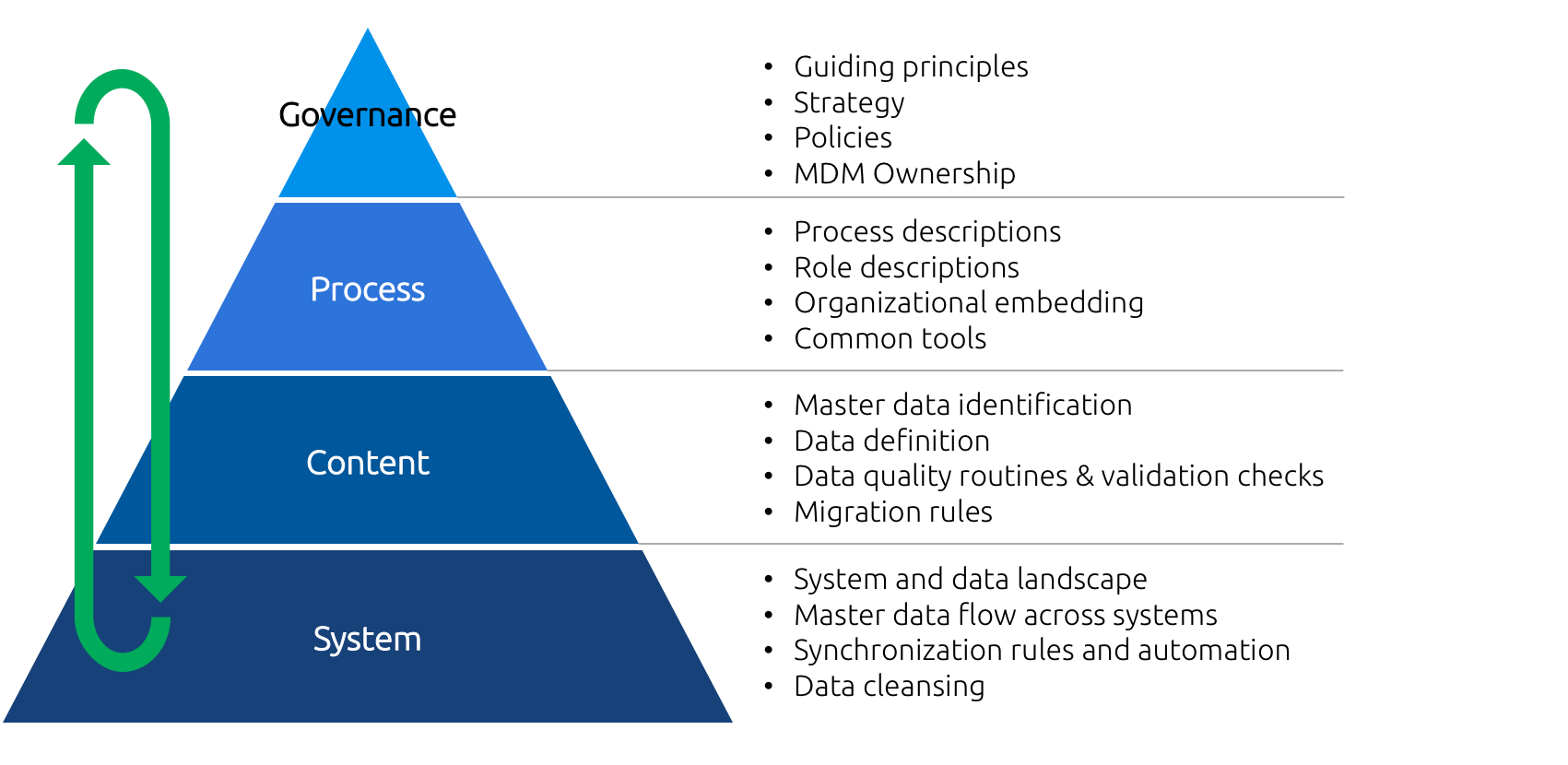Master Your Data: Mastering the Principles of Data Governance
What Is Data Governance? Take Control of Your Data
In order to make decisions that are data-driven, you need to have a system in place for data governance. What is data governance? It’s the process of taking control of your data and making sure that it is accurate, consistent, and secure. In this blog post, we will discuss the principles of data governance and how you can put them into practice for your business.
What is data governance and what are the benefits of implementing it in your business or organization?
Data governance is the process of managing data throughout its lifecycle, from acquisition and storage to security and disposition. Good data governance includes establishing policies and procedures for handling data, as well as assigning roles and responsibilities for those tasked with managing it.
The benefits of implementing data governance are many and varied, but can be summarized as follows:
Improves the quality of your data: By establishing clear policies and procedures for acquiring, storing, and managing data, you can help ensure that only high-quality data is entered into your systems. This in turn can lead to improved decision-making, since bad data can skew analysis and lead to wrong conclusions. Helps you comply with regulations: With strict regulations like GDPR now in place, companies must take care to properly manage the personal data of EU citizens. Data governance can help you make sure you are complying with all relevant regulations. Increases efficiency and reduces costs: By streamlining the way data is managed, data governance can save your company time and money. For example, if you have a clear system in place for handling customer data, you will be able to quickly and easily retrieve the information you need when a customer calls.
How can you take control of your data and ensure that it’s being used effectively and efficiently to achieve your goals?
Data governance is the answer. Data governance is the process of ensuring that data is managed effectively and efficiently to achieve an organization’s goals. It includes establishing policies and procedures for managing data, as well as assigning roles and responsibilities for those who are responsible for its management. Data governance also involves monitoring and enforcing these policies and procedures to ensure they are followed. The goal of data governance is to ensure that data is used effectively and efficiently to achieve an organization’s goals.

